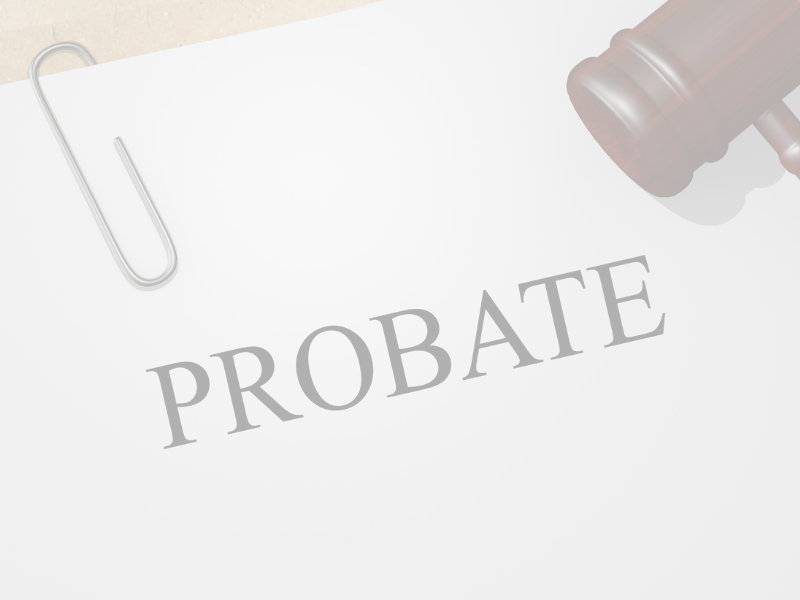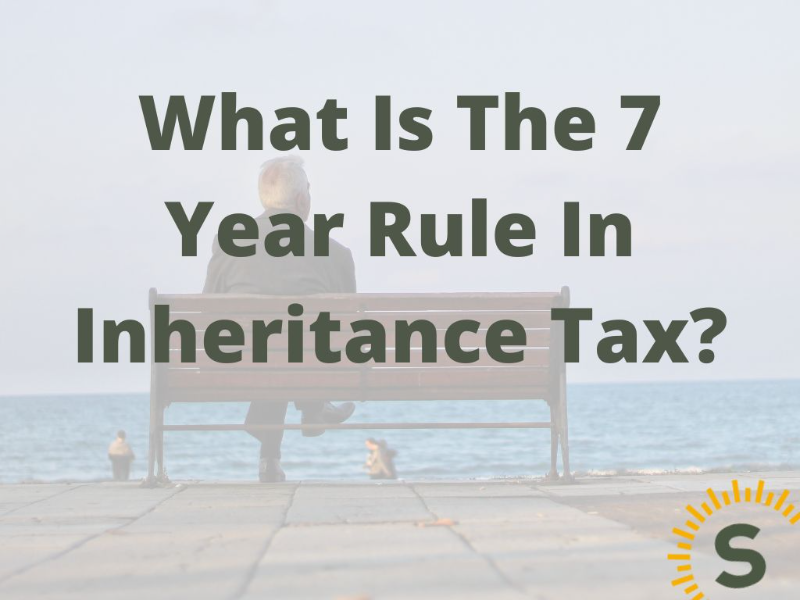
Can a Will be contested after probate? This question often arises when it comes to the distribution of a deceased person's assets. Probate is the process of legally validating a Will and carrying out its instructions. However, even after probate is complete, it is still possible for a Will to be contested.
Probate is the legal process through which a deceased person's assets are distributed according to their Will. It involves validating the Will, appointing an executor, and overseeing the transfer of assets to beneficiaries. The probate process varies depending on jurisdiction, but it generally follows a similar structure.
During probate, interested parties have an opportunity to review the Will and raise any concerns they may have. However, once probate is complete, the assumption is that the Will accurately reflects the deceased person's wishes, and their assets are distributed accordingly.
A contested will refers to a situation where someone disputes the validity or fairness of a Will, even after probate has been granted. This means that they challenge the provisions or execution of the Will and seek to have it declared invalid or modified. Contesting a Will is not a decision to be taken lightly, as it can lead to lengthy legal proceedings and strained relationships among family members.
There are several reasons why a Will may be contested after probate. These include concerns about the testator's mental capacity at the time of writing the Will, claims of undue influence or coercion, or allegations of fraud or forgery. Let's delve into each of these reasons further.
One common reason for contesting a Will is to challenge the testator's mental capacity at the time of writing the Will. If it can be proven that the testator did not have the mental capacity to understand the implications of their decisions, the Will may be deemed invalid. Mental capacity refers to the ability to understand the nature and consequences of making a Will, as well as the extent of one's assets and the potential beneficiaries.
Another reason to contest a Will after probate is if there are allegations of undue influence or coercion. Undue influence occurs when someone exerts pressure on the testator to change their Will in a way that benefits them or goes against the testator's true intentions. Coercion, on the other hand, involves forcing the testator to make changes to their Will against their will. Proving undue influence or coercion can be challenging, as it often requires demonstrating a pattern of manipulation or intimidation.
In some cases, a Will may be contested after probate due to allegations of fraud or forgery. This occurs when someone believes that the Will is not authentic or that it has been tampered with in some way. To contest a Will on these grounds, substantial evidence must be presented to support the claim of fraud or forgery. This can involve forensic document analysis, testimony from handwriting experts, or other forms of evidence gathering.
Contesting a Will after probate requires legal grounds to support the claim. The specific legal grounds for contesting a Will can vary depending on jurisdiction, but there are some common factors that are often considered. These include:
Not everyone can contest a Will after probate. Generally, only interested parties have the standing to challenge the validity or fairness of a Will. This typically includes beneficiaries named in the Will, individuals who were named as beneficiaries in a previous Will, or those who would have been entitled to inherit if there was no Will. Interested parties must have a legitimate reason to contest the Will, such as those previously mentioned: concerns about mental capacity, undue influence, coercion, fraud, or forgery.
Contesting a Will after probate involves several steps. While the specific process may vary depending on jurisdiction, the following steps provide a general overview of what is typically involved:
The role of evidence in contesting a Will after probate cannot be overstated. Any claims made must be supported by credible evidence that substantiates the allegations being put forth. This can include medical records, expert opinions, financial documents, witness statements, or any other relevant evidence that helps establish the grounds for contesting the Will.
It's important to note that the burden of proof lies with the party contesting the Will. They must provide sufficient evidence to convince the court that their claims are valid and that the Will should be declared invalid or modified.
Contesting a Will after probate can have several potential outcomes. If the court determines that the Will is valid and that there are no grounds for contestation, the Will's provisions will stand, and the distribution of assets will proceed as outlined. However, if the court finds in favor of the party contesting the Will, several outcomes are possible:
The specific outcome will depend on the circumstances of the case and the court's interpretation of the evidence presented.
Contesting a Will after probate is a complex legal process that requires expert guidance. Hiring a probate attorney experienced in Will disputes can provide invaluable assistance throughout the proceedings. A probate attorney will have the knowledge and expertise to navigate the legal system, gather evidence, draft necessary documents, and represent the interests of the contesting party in court.
By working with a probate attorney, interested parties can ensure that their case is properly presented, their rights are protected, and they have the best chance of achieving a favourable outcome.
In conclusion, while probate is considered the final step in the administration of an estate, it doesn't necessarily mean that a Will is immune from being contested. There are circumstances where a Will can be challenged even after probate has been granted. Valid reasons for contesting a Will include concerns about the testator's mental capacity, allegations of undue influence or coercion, and claims of fraud or forgery.
Contesting a Will after probate requires legal grounds, proper evidence, and the assistance of a qualified solicitor. Interested parties must file a claim, gather evidence, attend court hearings, and potentially engage in negotiation or mediation. The potential outcomes of contesting a Will can range from the Will being declared invalid to modifications being made to address the concerns raised.
If you find yourself in a situation where you believe a Will should be contested after probate, it's crucial to seek the guidance of a probate attorney who specializes in Will disputes. They can provide the necessary expertise and support to navigate the complex legal process and help you achieve a fair resolution.

Stuart is an expert in Property, Money, Banking & Finance, having worked in retail and investment banking for 10+ years before founding Sunny Avenue. Stuart has spent his career studying finance. He holds qualifications in financial studies, mortgage advice & practice, banking operations, dealing & financial markets, derivatives, securities & investments.
 No minimum
No minimum  Newcastle-under-Lyme, Staffordshire
Newcastle-under-Lyme, Staffordshire Free Consultations
Free Consultations
 No minimum
No minimum  Free Consultations
Free Consultations
 No minimum
No minimum  Kirkby Stephen, Cumbria
Kirkby Stephen, Cumbria Free Consultations
Free Consultations
 No minimum
No minimum  No obligation consultation
No obligation consultation
 £101,000+
£101,000+  Bishop's Stortford, Hertfordshire
Bishop's Stortford, Hertfordshire No obligation consultation
No obligation consultation
 No minimum
No minimum  No obligation consultation
No obligation consultation
 £51,000+
£51,000+  Free Consultations
Free Consultations
 No minimum
No minimum  No obligation consultation
No obligation consultation
 £51,000+
£51,000+  Free Consultations
Free Consultations





Our website offers information about financial products such as investing, savings, equity release, mortgages, and insurance. None of the information on Sunny Avenue constitutes personal advice. Sunny Avenue does not offer any of these services directly and we only act as a directory service to connect you to the experts. If you require further information to proceed you will need to request advice, for example from the financial advisers listed. If you decide to invest, read the important investment notes provided first, decide how to proceed on your own basis, and remember that investments can go up and down in value, so you could get back less than you put in.
Think carefully before securing debts against your home. A mortgage is a loan secured on your home, which you could lose if you do not keep up your mortgage payments. Check that any mortgage will meet your needs if you want to move or sell your home or you want your family to inherit it. If you are in any doubt, seek independent advice.